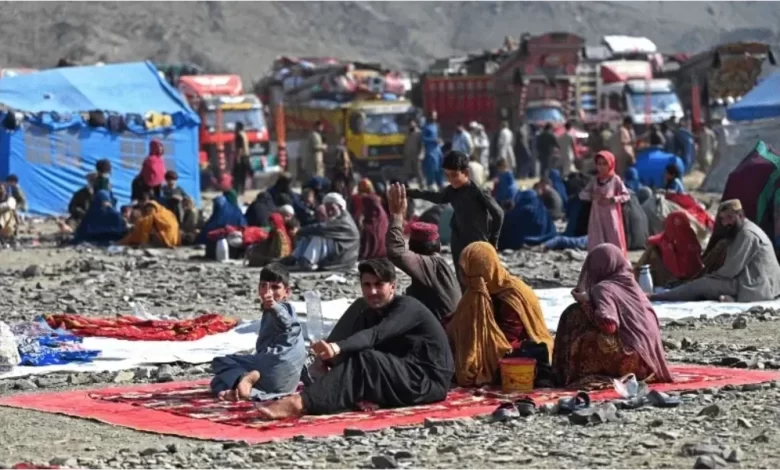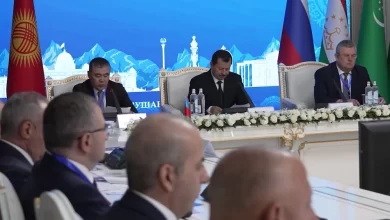Pakistan sets up 24/7 call center for Afghan refugees amid ongoing deportations

Pakistan has set up a 24/7 hotline to assist Afghan nationals and respond to complaints of harassment during their repatriation, according to a statement issued on Sunday, amid growing criticism of Islamabad’s ongoing deportation campaign.
The decision comes a day after Deputy Prime Minister and Foreign Minister Ishaq Dar visited Kabul and met with senior Islamic Emirate officials to discuss a number of issues including the mass deportation of Afghans from Pakistan.
“Pakistan has set up a 24/7 Federal Control Room at the National Crisis Information Management Cell (NCIMC) to assist Afghan nationals and address complaints of harassment during repatriation,” a statement noted.
According to the statement, issued by the office of Pakistan’s Special Representative for Afghanistan, Sadiq Khan, the helpline service was launched in line with Dar’s commitment during his visit to Kabul.
Dar reportedly promised that Pakistan’s interior ministry would issue a notification within 48 hours to streamline a complaints mechanism for Afghan returnees.
On Sunday, Pakistan’s foreign ministry said Dar spoke with Acting Afghan Foreign Minister Amir Khan Muttaqi to thank him for the hospitality extended during the visit.
Both leaders expressed satisfaction over the outcome of their talks and agreed to “expeditiously implement the decisions taken for the mutual benefit of the people of the two countries,” the ministry said
Dar also invited Muttaqi to visit Pakistan, an invitation the Afghan official accepted.
This latest move comes amid Islamabad’s drive to deport more than 800,000 Afghan refugees from the country – many of whom have lived in Pakistan for decades.
Rights groups and Afghan officials have in recent weeks voiced concern over the treatment of refugees. Many of these refugees have reported harassment, arbitrary arrests, seizure of property and possessions and family separations.
According to Pakistan, almost 85,000 Afghan refugees have returned to Afghanistan since April 1.



